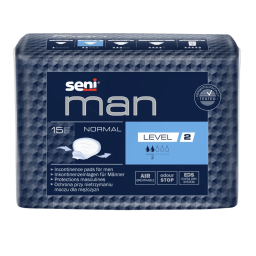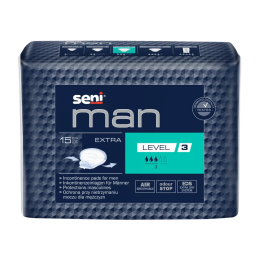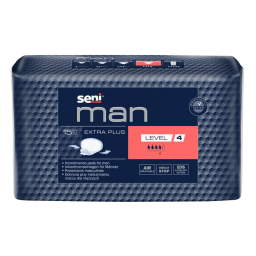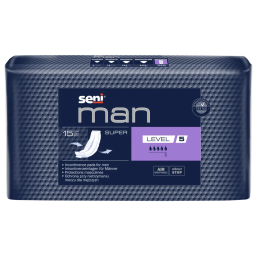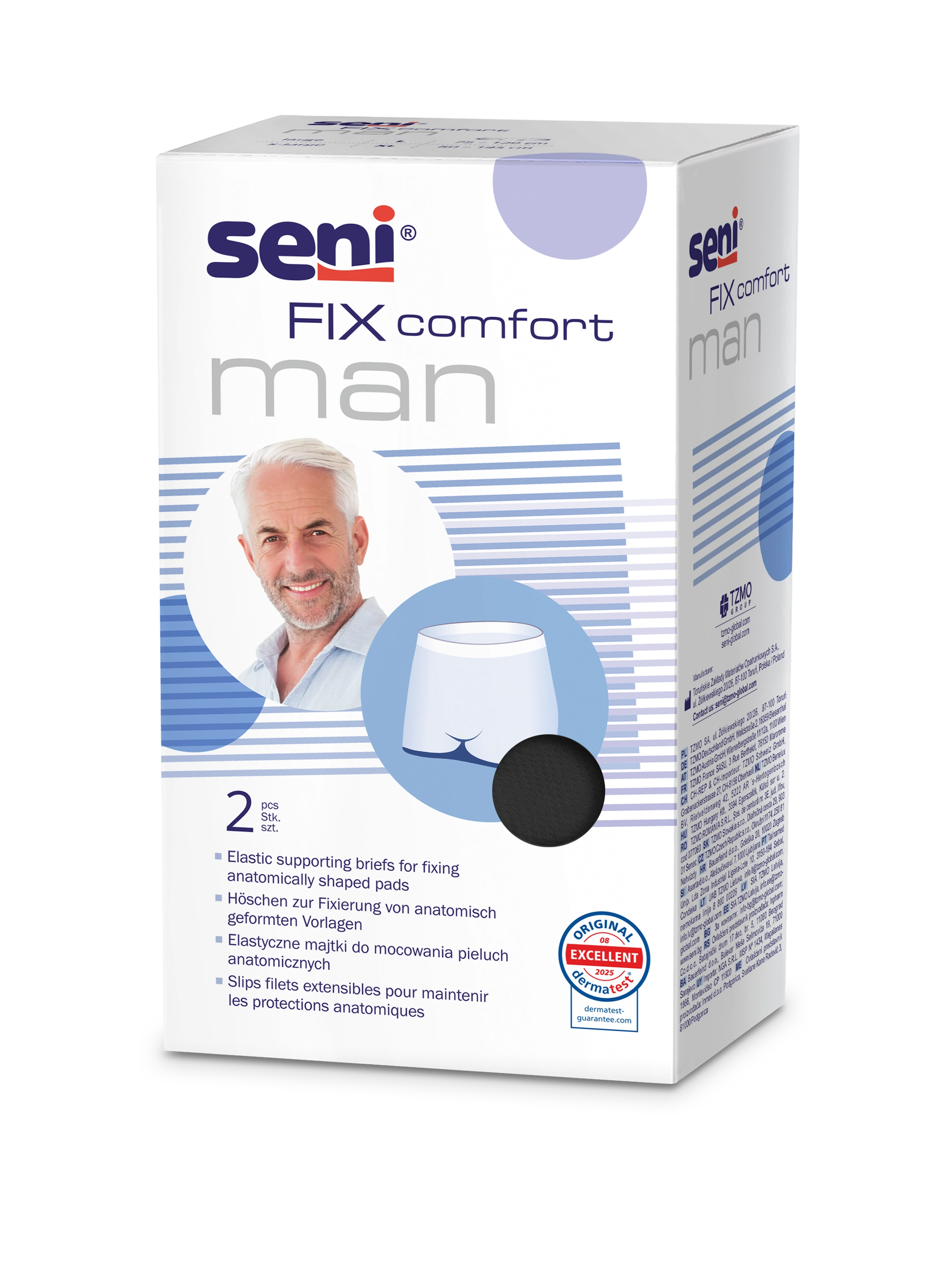Problems with prostate
 12 September 2025
/
12 September 2025
/
 5 minutes
of reading
5 minutes
of reading
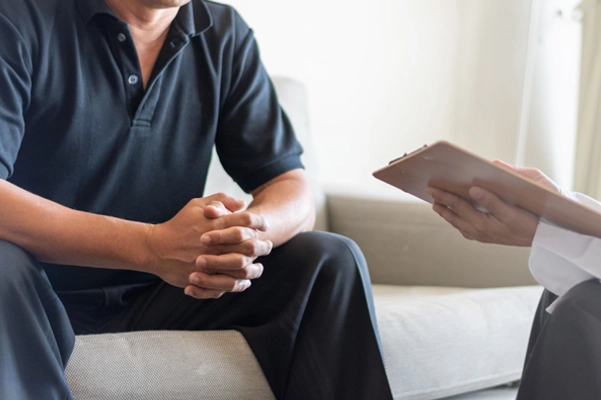
The most common reason for urinary incontinence in men is prostate enlargement – that is the enlargement of the prostate gland.
Prostate enlargement is the natural phenomenon connected with ageing. It is the reason for many troublesome ailments of the urinary system. If you are a man past the age of 45 and you experience urinary incontinence then the prostate might be the reason for this. Until recently prostate problems were rarely heard of. Not many people spoke or knew about such problems and not much was written concerning this issue. When the average life expectancy of a man didn’t exceed 50 years, the problem was practically non-existent. Since the medical science developed, the life expectancy got higher. Men became more aware about their bodies, and prostate enlargement got on the top of the list of health issues which a mature man ought to be aware of.
Who does this problem concern?
Prostate gland enlargement afflicts nearly the whole male population, however only some men experience its disease symptoms. Every man past 45 should check their health and visit a doctor at least once a year.
If you experience some problems with the urogenital system it is necessary to visit a urologist. Remember that early diagnosis of prostate enlargement can save your life. Negligence in that matter can lead to prostate cancer.
What is the nature of the problem?
The prostate gland is normally the size of a chestnut, it doesn’t hurt when pressed, it’s springy and its surface is smooth. As the gland enlarges, the number of its cells grows, what presses the urethra narrowing its lumen. Problems with urination are caused by this process of narrowing.
The so called bladder outlet obstruction prevents complete bladder voiding, so the bladder’s walls start to develop pathological structure changes. Residual urine aids developing urinary system infections or bladder stones. It can also lead to weakening of the bladder muscles causing the urine to leak permanently.
 |
The most common symptoms of prostate enlargement: |
- pollakiuria
- urination at night
- sudden urge to urinate
- narrowing of the urine stream
- interrupted urination
- urine dribbling after voiding
- sensation of a full bladder after urination
- difficulties with urination, disuria.
NOTE – these symptoms may show the presence of other diseases – consult your doctor if you experience any of the above.
Diagnosis
Prostate gland diagnosing is carried out according to the standards established by the international committee acting under the patronage of the World Health Organization (WHO).
The examination should include:
- medical interview – evaluation of disorders and their influence on one’s life
- examination per rectum – evaluation of size, shape, structure and texture of the prostate examined with a finger inserted through the patient’s anus
- laboratory tests – general urine test, biochemistry analysis, concentration of the prostate-specific antigen in the serum, etc.
- additional examination including an ultrasound and uroflowmetry.
Treatment
The treatment depends on the extent of the prostate enlargement:
- In the case of men who were diagnosed with benign prostate enlargement, but do not experience any other disease symptoms, they are advised to “watchfully wait”. This term stands for wider preventive treatment connected with the observation of the gland’s performance. One needs to be examined once a year, modify the diet and follow the doctor’s advice.
- If the benign prostate enlargement causes problems with the urinary system then it is time to consider medication. This therapy is especially efficient in the initial stages of the disease, when the disorders are relatively small. The patient’s case physician should explain the details of such treatment.
- Surgery is recommended in about 10% of cases of prostate enlargement. The surgery involves removing the obstacle caused by the enlarged gland.
It is worth to remember – benign prostate enlargement is not a malignant tumour, however by ignoring its signs, and not taking up the treatment may result in developing prostate cancer.
How to help oneself?
- If you are more than 45 years old – visit your doctor and have yourself examined – if you will be told that you are ok, then great, however if you require treatment, then you have a chance for a short and effective therapy.
- If you noticed the signs of benign prostate enlargement don’t postpone seeing the doctor. Remember that the sooner a disease is diagnosed, the easier and faster it will be to cure it.
- Urinary incontinence is quite a troublesome ailment – if it also concerns you ensure your comfort and discretion protecting your underwear with special Seni Man bladder control pads.




 Homepage
Homepage



